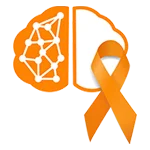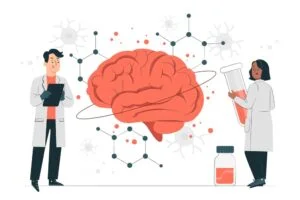Like any other organ in the body, the brain can be affected by tumors. There is no doubt that a cancerous tumor in an important organ such as the brain is a cause for panic and anxiety for the patient. Brain cancer is a serious and complex disease that can affect vital bodily functions, as well as the senses, movement, and balance. What is brain cancer, and what are its types and symptoms?
Brain
Cancer
Brain cancer is the abnormal, uncontrolled growth of cells in the brain, forming a mass in the brain. These tumors may be benign, malignant, or somewhere in between. The symptoms of brain tumors vary from case to case and can range from mild to severe or life-threatening.
 English
English





